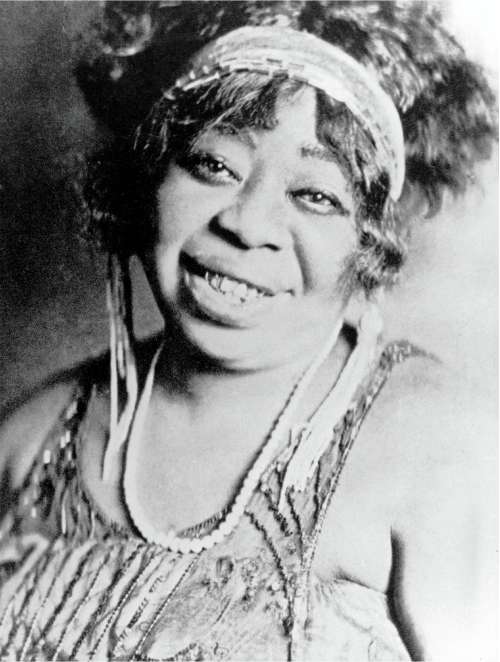The 'Mother of the Blues' gets a museum at last

She was often called the "Mother of the Blues", her real name was Gertrude Pridgett, but she was much better known to her fans as "Ma" Rainey. A bisexual performer, she lived a life of whiskey-soaked controversy in the era of prohibition. She was also one of the earliest professional blues singers.
"Ma" Rainey only began recording in her thirties and by the time she retired, she had cut more than 90 records. With her throaty contralto voice and earthy style, her contribution to both the blues and female empowerment was enormous. But until recently her legacy was little remembered, even in Columbus, Georgia, where her house in the black Liberty district was falling apart.
Today, her house has finally been restored and recently opened as the "Ma" Rainey Blues Museum. Visitors can see photographs of her in the Deep South's travelling minstrel shows and hear the crackly original recordings that made her famous in the 1920s.
The story goes that in 1902, a girl came to the carnival in which "Ma" (the name always appeared in quotes) Rainey was performing and began to sing about the man who left her. The song was so poignant and elicited such a response that "Ma" Rainey put it in her act. She was often asked what kind of song it was and one day in a moment of inspiration replied: "It's the blues."
Musicologists have argued ever since about Rainey's claim to be the mother of the blues, with most agreeing that the blues were already developing as a distinct form at the time. But her contribution to the blues is undoubted. Her recordings influenced many other musicians: Louis Armstrong and Tommy Dorsey were both in her band.
Something the museum has chosen not to draw attention to is the fact that Rainey was bisexual and proud of it. In 1925 she was jailed after hosting an "indecent party" with naked women. Rainey never shied away from her feelings and celebrated lesbianism in her first-person "Prove It On Me" blues:
"Went out last night with a crowd of my friends, they must have been women, 'cause I don't like no men.
Wear my clothes just like a fan, Talk to gals just like any old man
'Cause they say I do it, ain't nobody caught me, Sure got to prove it on me."
Getting the museum up and running has been a struggle. Florene Dawkins, the curator, faced considerable local scepticism from whites as well as black people. After the US Post Office issued a "Ma" Rainey stamp in 1994, B B King got involved and the money was finally raised.
Born in 1886, Rainey is often compared with Bessie Smith. However, while Bessie Smith was signed to Columbia records with its then state-of-the-art equipment, "Ma" signed with Paramount, which found it could make money selling inferior recordings to the black community.
Paramount sacked her after the stock market crash of 1929 and she returned home where she lived until her death in 1939.
Join our commenting forum
Join thought-provoking conversations, follow other Independent readers and see their replies
Comments
Bookmark popover
Removed from bookmarks